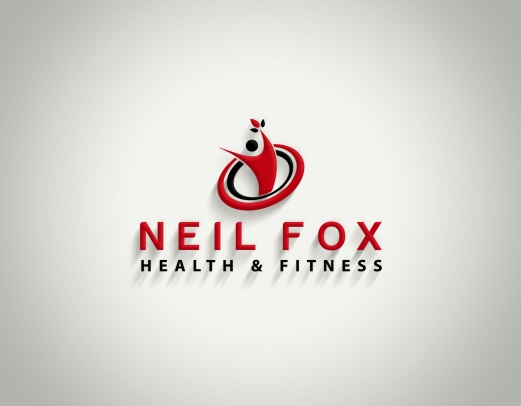
The road to alcohol or drug addiction recovery is long and comes with many challenges along the way. If you are in recovery, you know it’s important to remain positive through the process, but you also know how difficult it can be when you’re dealing with such an intense, layered personal issue.
Recently, we met up with the fabulous Michelle Patterson (owner of http://recoverypride.org), who has to be applause for recently starting a movement called “Recovery Pride to take my stand” that assist people in recovery move from shame-based to pride-based thinking. In our discussion with Michelle, we talked about “how people in recovery can shift from shame-based to pride-based thinking”, which Michelle offers advice (plus offering additional links for more in-depth-information) on several key aspects regarding to staying positive while in recovery and dealing with feelings of guilt and shame.
Here are a handful of ways you can remain hopeful and confident as you work through your recovery.
Constructively Coping with Feelings
No matter where you are at in your recovery process, you will likely be dealing with a wide range of emotion. These feelings can come from a variety of sources and take you by surprise. Addiction is often the product of some past trauma or unresolved issues, and getting to the cause of your addiction can take some intense therapy and self-reflection. Dredging up past mistakes can leave you feeling guilty and ashamed, but it’s important to be able to work through these emotions without being overwhelmed by them. A counsellor or therapist can lead you along the way, offering guidance and insight that can help your head and heart stay clear.
Focusing on Yourself
As you continue with your addiction treatment, you’ll need to remain focused on yourself. Know that this does not make you selfish. Take time to establish healthy routines for yourself to keep your energy and strength up through recovery. Eat healthy foods, be sure to fit some stress-relieving activity into your daily schedule, and make self-care a priority. You’ll be faced with even more challenges once you are out of recovery, so it’s important to take advantage of the time you have to yourself, so that you can make a happier life in the future.
Getting Back to Real Life
Working through a recovery program can be especially challenging for those who need to also work. Check to see if your company has an Employee Assistance Program, and take advantage of any benefits you can to help you through recovery. Many assistance programs may be able to provide referrals to treatment programs and therapists covered by your insurance, while offering confidential advice on how to balance your work with recovery. If you feel up to it, try talking with your supervisors about alternative work schedules or adjustments that may help you stay productive while in recovery. If your recovery includes inpatient treatment, speak with your HR department about an FMLA-covered leave of absence to help cover your time away without sacrificing all of your pay or your job. Taking care of career concerns can help alleviate stress and keep you focused on your treatment.
Relating to Other People
So many studies suggest that social connection is critical for overall wellness, but relationships can be a sensitive subject for addicts. It’s important for you to surround yourself with positive, compassionate people while in recovery. Talk with trusted friends and family or find new connections through recovery support groups. You may also need to part ways with a few old friends, especially if they are still using or are not supportive of your recovery, and that can lead to more guilt. Those who care about you will only want the best for you, however, and that includes supporting you through your recovery.
Your ability to remain optimistic and strong through recovery is important to maintaining a long-lasting, sober lifestyle. Guilt, shame, loss, and change are all part of the process, but it helps to have tools to overcome these challenges. With the right guidance, you can focus on getting better and getting back to living a healthy, happy life.
Michelle, thank you so much for taking the time to chat with Neil Fox Health and Fitness! It was such an informative interview. Congratulations again for starting the “recovery pride to take my stand” movement that assist people in a vital recovery move from shame-based to pride-based thinking. We wish you the very best and may the success from your brave movement long continue.
If you have any questions or comments, leave them
